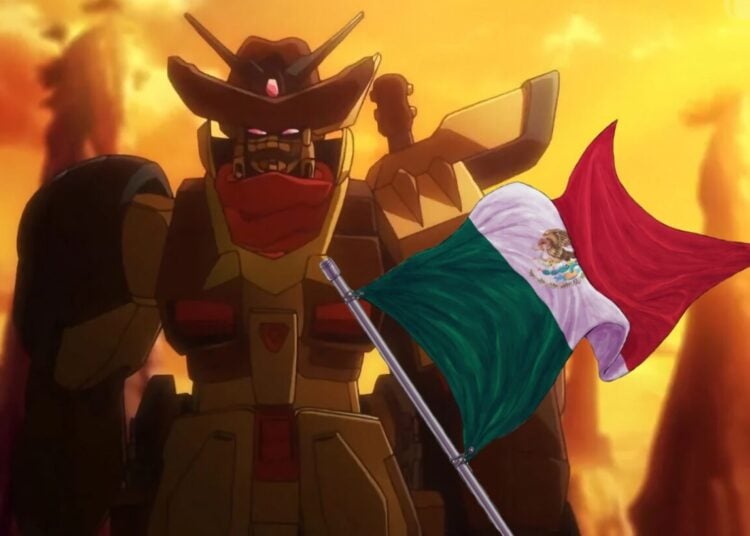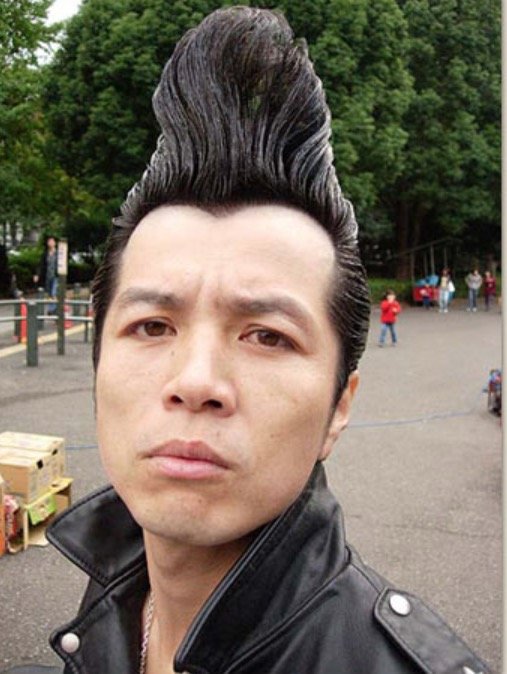I wrote last time about an amusing marketing campaign by Georgia Coffee to sell canned coffee using the slogan “Yes, we can!” with the final word written in kanji. Say what — a kanji character for an English word? While the general rule is that the katakana writing system is reserved for foreign names for people and places along with imported words like “bottle keep” (when you leave a bottle of bourbon you’ve purchased at your favorite bar with your name on it, trusting that no one else will drink it) or “skinship” (the Japanese word describing the important connection between a parent and child), some English words have been in use in Japan for so long they’ve been assigned honorary kanji, such as tobacco, coffee, or beer. This is an example of something called ateji, essentially assigning a pronunciation to characters that have a similar meaning. Sometimes the results are amusing — for example, the characters for tobacco happen to be written with characters for “smoke” and “grass.”
















